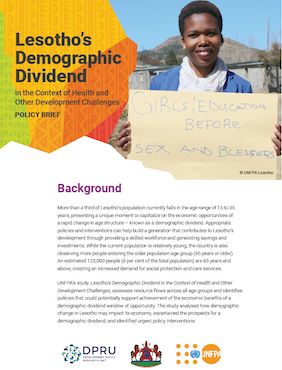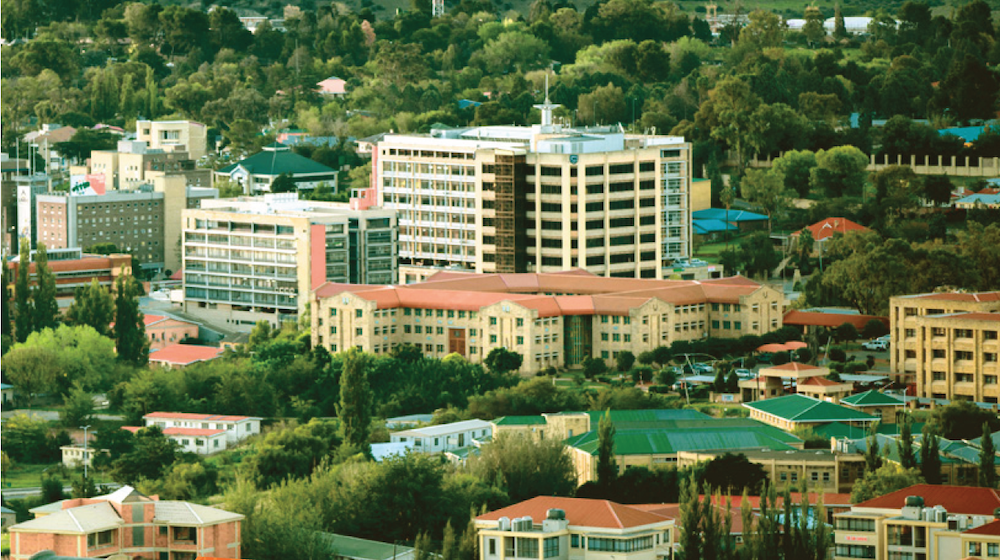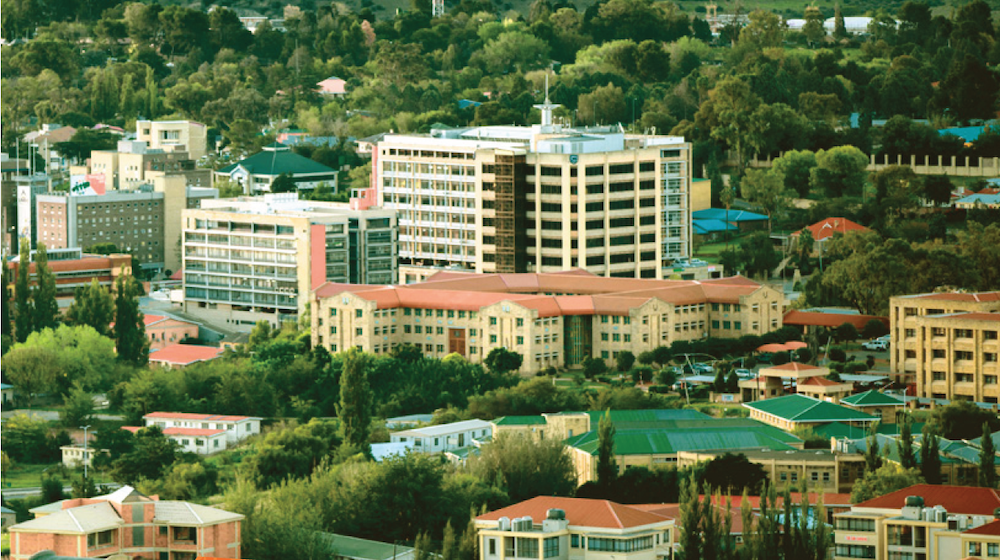More than a third of Lesotho’s population currently falls in the age range of 15 to 35 years, presenting a unique moment to capitalize on the economic opportunities of a rapid change in age structure — known as a demographic dividend. Appropriate policies and interventions can help build a generation that contributes to Lesotho’s development through providing a skilled workforce and generating savings and investments. While the current population is relatively young, the country is also observing more people entering the older population age group (65 years or older). An estimated 123,000 people (6 per cent of the total population) are 65 years and above, creating an increased demand for social protection and care services.
UNFPA’s study, Lesotho’s Demographic Dividend in the Context of Health and Other Development Challenges, assesses resource flows across all age groups and identifies policies that could potentially support achievement of the economic benefits of a demographic dividend window of opportunity. The study analysed how demographic change in Lesotho may impact its economy, ascertained the prospects for a demographic dividend, and identified urgent policy interventions.
This policy brief summarizes the study’s findings. The study was the first to apply the National Transfer Account (NTA) methodology in an analysis of the patterns of production and consumption across different population age groups, to highlight the country’s potential to benefit from the window of opportunity that changes in age structure present. Lesotho’s economy was particularly affected by the HIV and AIDS epidemic, as well as the impact of economic restrictions during the COVID-19 pandemic. This analysis assessed how these also impacted the opportunity for Lesotho to benefit fully from a demographic dividend.
Read the full report and summary.



